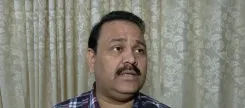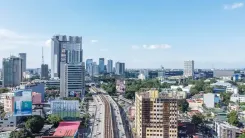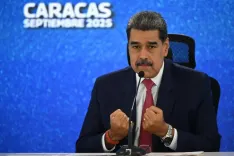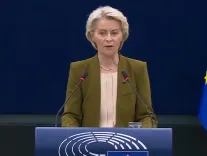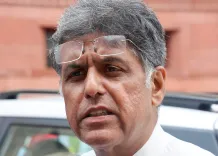Could Banning Political Parties by Executive Order Create a Dangerous Precedent?
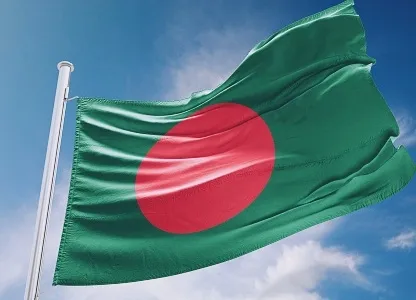
Synopsis
Key Takeaways
- BNP warns against executive bans on parties
- Judicial authority emphasized for party bans
- 28 parties participated in upcoming elections
- Opposition to proportional representation system
- Legal processes crucial for political fairness
Dhaka, Sep 17 (NationPress) The Bangladesh Nationalist Party (BNP) issued a warning that the enforcement of a political party ban via an executive order could establish a “dangerous precedent”. They emphasized that only the judiciary holds the authority to make such decisions, according to local media reports.
BNP standing committee member Salahuddin Ahmed articulated these concerns while addressing the media on Tuesday at his residence in Gulshan, Dhaka.
“We oppose the idea of banning any party or its activities through executive means. If accusations arise against any political entity—such as allegations of genocide, crimes against humanity, or war crimes—those claims must be adjudicated in court,” the BNP leader was quoted by the Bangladeshi news outlet UNB.
Salahuddin underscored that a party’s destiny should solely be determined through judicial proceedings, which the Election Commission would be obliged to honor.
In response to calls by the radical Islamist group Jamaat-e-Islami and other Islamist factions to prohibit Bangladesh's Jatiya Party and the 14-party coalition, the BNP leader reiterated that these issues should be resolved through legal avenues.
“If their accusations are valid, they should present them in court. Attempting to ban political parties through alternative means, such as an executive order, would pave the way for a dangerous practice,” Salahuddin asserted.
The BNP member also noted that around 28 registered parties contested in the upcoming 2024 elections. “If bans are pursued under the guise of fascism or dictatorship, then all 28 parties would need to be banned. Who would we conduct the elections with?” he queried.
“Those now advocating for a ban on political parties—if they later declare their own withdrawal from the elections, would there be any elections at all? Their motivations behind such demands may differ. They might be attempting to gain an unfair advantage by calling for additional party bans,” he added.
Regarding the potential ban on the Awami League, Salahuddin stated that the party “first demanded that the Awami League be brought to trial, and the court will determine if they can continue participating in politics.”
When discussing the coordinated efforts by Jamaat-e-Islami and other Islamic parties advocating for proportional representation (PR) and additional reforms, Salahuddin confirmed that his party strongly opposes the PR system.
“We oppose PR in all legislative houses. If any party desires it, they should include it in their manifesto and seek public endorsement. Only with the people's support can they legislate,” he articulated.
The BNP leader characterized the three-day protest plans introduced by the Islamist parties as a clear attempt to disrupt the forthcoming elections.
The parties that previously joined forces with Muhammad Yunus to dismantle the democratically elected Awami League government, led by Sheikh Hasina, are now at odds over reform suggestions.

